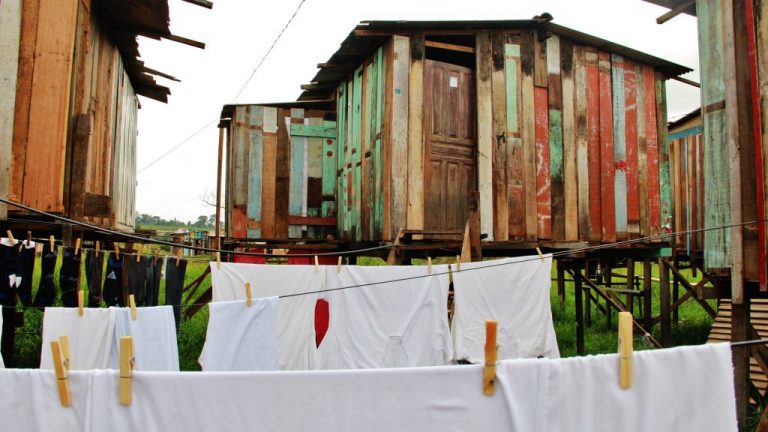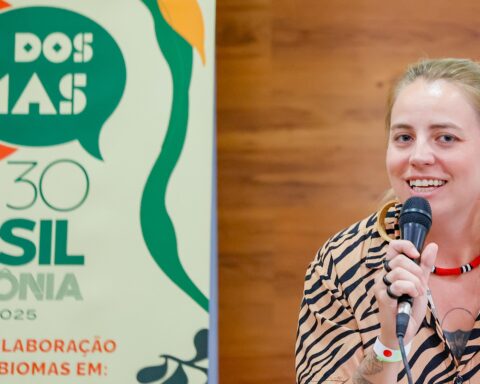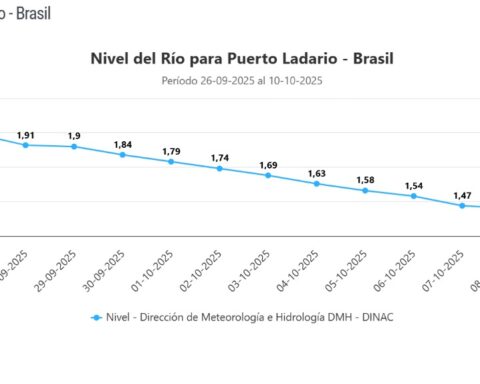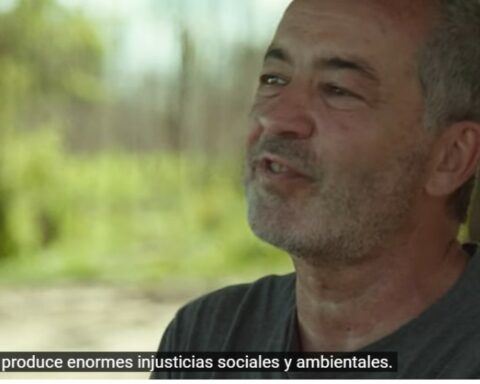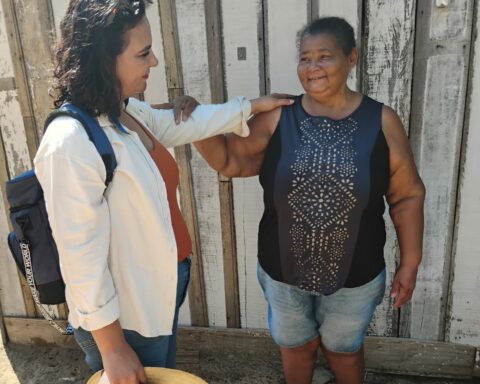First in a series.
Government officials, business leaders and environmental advocates soon will gather in New York for Climate Week, an annual event focused on finding solutions to the global climate crisis. One of the topics will be saving the Amazon forest, which limits global climate change by absorbing massive amounts of carbon dioxide from the atmosphere. But that’s changing.
Rampant deforestation and fires over the past five decades have damaged or destroyed one-third of the forest, pushed parts of it to the brink of ecological collapse and, in the process, reduced its ability to offset climate change. Alarmed by this crisis, a group of 200 scientists known as the Science Panel for the Amazon recently produced a groundbreaking assessment of the forest and a novel vision for saving it. The Charles Stewart Mott Foundation is supporting dissemination of the study, Amazon Assessment Report 2021.
On Sept. 15, just days before Climate Week 2022 begins, several members of the Science Panel will discuss efforts to save the Amazon at a gathering set to run alongside the United Nations General Assembly meeting, also in New York City. Their presentation will focus on using science-based pathways to create a “sustainable, inclusive and resilient Amazon.”
The Science Panel for the Amazon has called for immediate, dramatic action to save the forest and the communities it supports. Among the recommendations: immediately end deforestation in the most damaged areas; impose a moratorium on all deforestation and forest-degrading activities across the entire Amazon region by 2030; and shift to a development model that is holistic, sustainable and beneficial for Indigenous and local communities.
To help raise awareness of the Panel’s work in advance of the events in New York, the Mott Foundation produced five infographics that explore the majesty and tragedy of the Amazon. The first in the series focuses on biodiversity.


